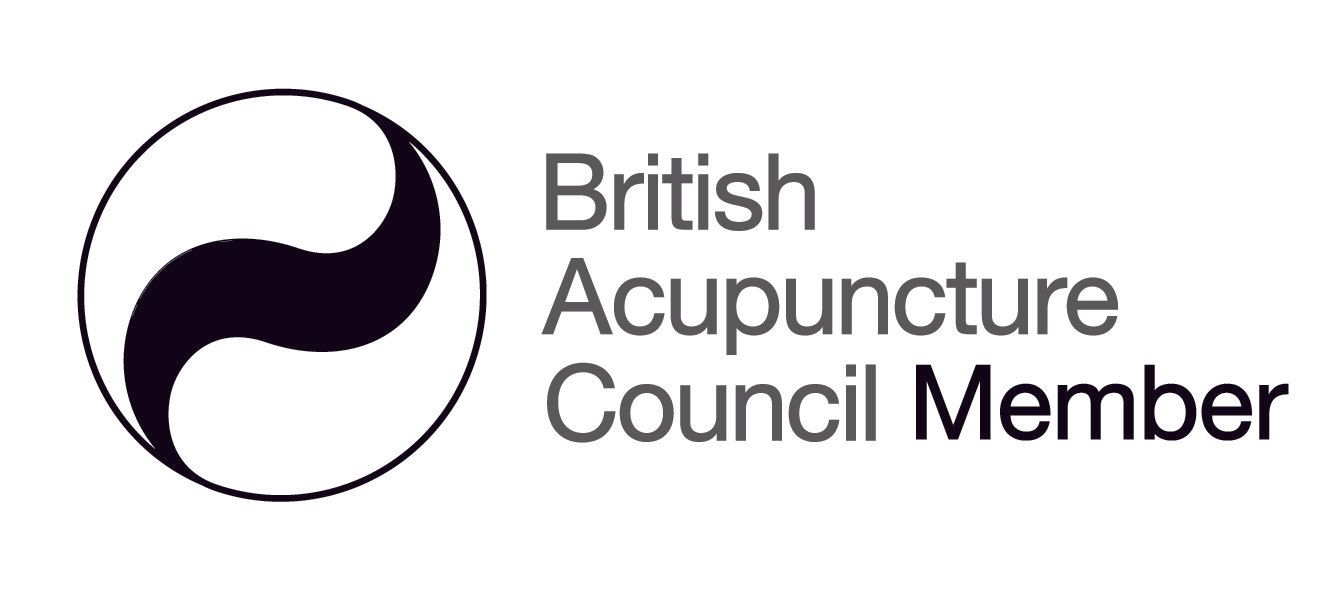Frequently Asked Questions

What is acupuncture
Acupuncture is a healthcare system that has been used for almost 2,500 years, originating in East Asia but now recognised world wide. Traditional acupuncture takes a holistic approach, looking at the physical, emotional and mental aspects of a person’s health and well being. A treatment plan will be unique to each individual.
In recent years there has been many high quality scientific research studies investigating acupuncture as an effective option for many medical conditions. These studies cover a wide range of clinical conditions and investigate how acupuncture can improve both physical and mental health.
The effect of acupuncture on inflammatory processes and pain pathways is complex. Acupuncture affects the biochemical and signalling pathways in the body, the release of opioid substances (the body’s natural painkillers) and non-opioid compounds. As it regulates the way pain is transmitted and processed it is useful for a wide range of conditions that cause acute and chronic pain.
Acupuncture also acts on the autonomic nervous system and this can help improve all the body systems, for example the function of the respiratory, digestive, cardiovascular, urinary and reproductive can all be influenced in a beneficial way by choosing the correct acupuncture points for an individual’s condition.
What are the benefits of acupuncture?
• Reduces Body Pain
• Speeds Healing and Recovery
• Increases Energy
• Reduces Stress
• Improves Quality of Sleep
• Improves Digestion
• Relieves Muscle Tension
• Improves Circulation
• Boosts Immunity
Is acupuncture safe?
Acupuncture is extremely safe when performed by an fully trained acupuncturist. Acupuncturists that are registered with the British Acupuncture Council will have had more than 3,600 hours of training in acupuncture, western medicine, and safe needling techniques. In addition regular, continuing professional development is undertaken.
Is acupuncture painful.
The needles used are ultra-fine single use sterile needles, often not much thicker than a human hair. The treatment can also be tailored for people who are feeling nervous.
In most cases only a slight sensation is felt on insertion of the needles, A slight tingling may be felt around the needle. Patients often experience a feeling of relaxation and well-being during and after treatment with acupuncture.
Is it alright to have acupuncture if taking medication or having other treatments?
Acupuncture works well on its own but can also be effective as a complementary treatment to anything you are currently doing to treat your condition
Acupuncture should not interfere with any treatment or medications you are currently taking.
Before treatment a full history including a discussion of your condition and medications will be done. This is often discussed in a short 15 minute chat which can answer any questions you have and also ensure that acupuncture is suitable for your condition
What conditions are commonly treated by acupuncture?
Although acupuncture is most known for treating pain there are many other conditions that can be treated effectively by acupuncture.
In addition to treating specific conditions acupuncture can also be used as a preventive measure to strengthen the constitution and promote general wellbeing.
The website of the British Acupuncture Council, the professional body governing acupuncture in Britain has fact sheets and video's that provide up to date and useful information.
Link to Find a therapy https://www.findatherapy.org/acupuncture/catriona_jennings_17177.html
Find us
Acupuncture Catriona JenningLochthorn Medical Centre, Edinburgh Road,
Dumfries,
Dumfries and Galloway
DG1 1TR
